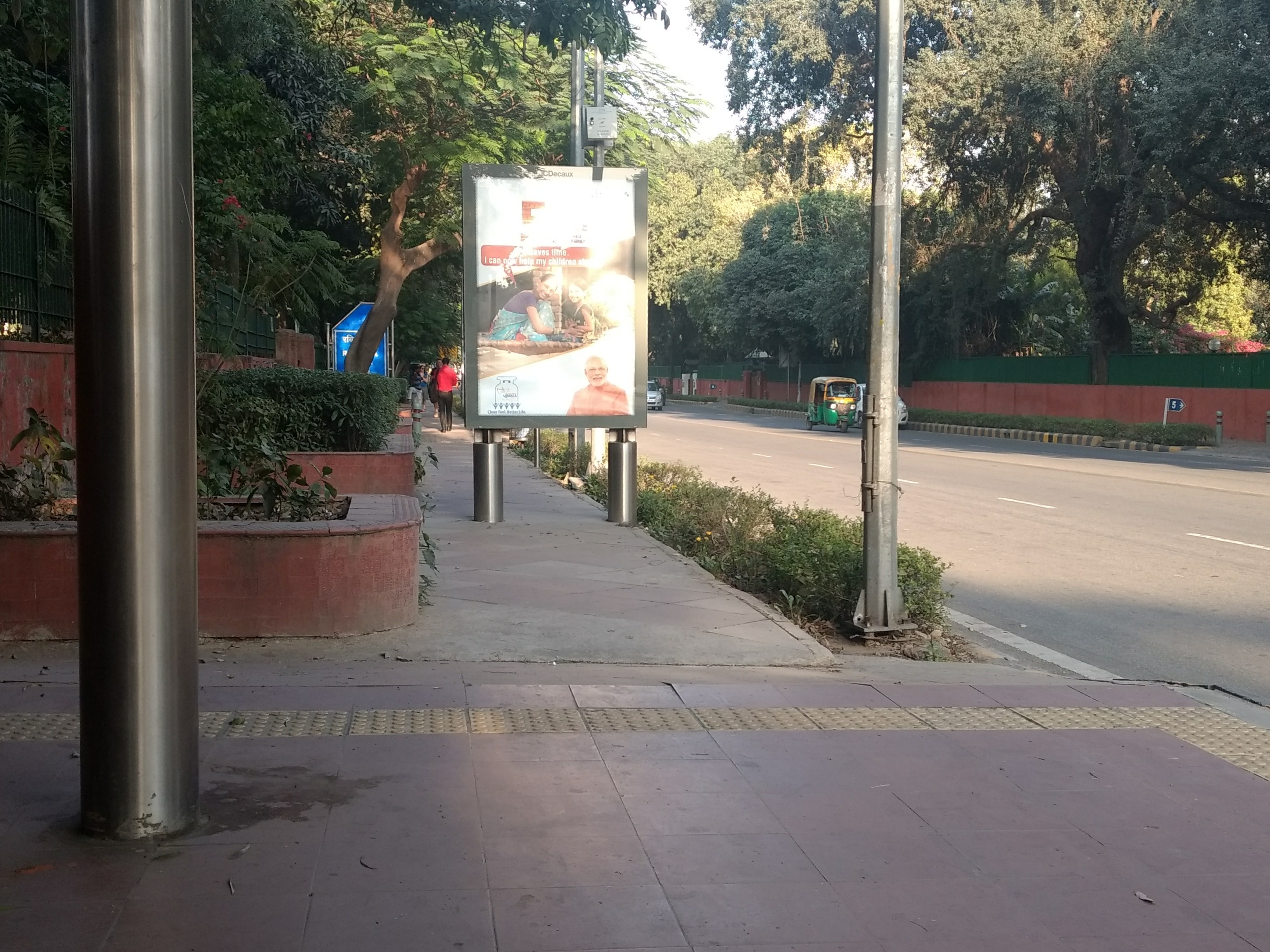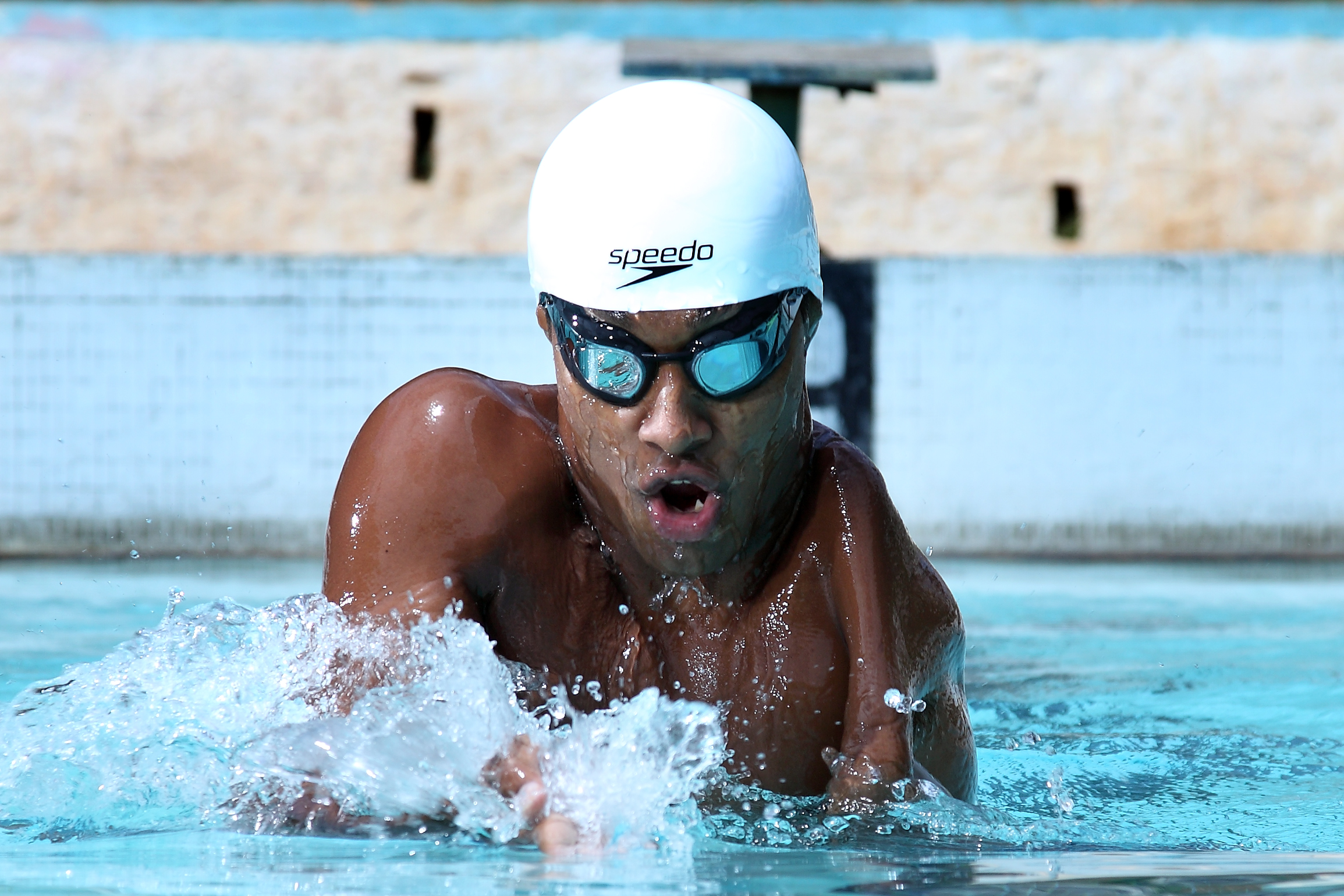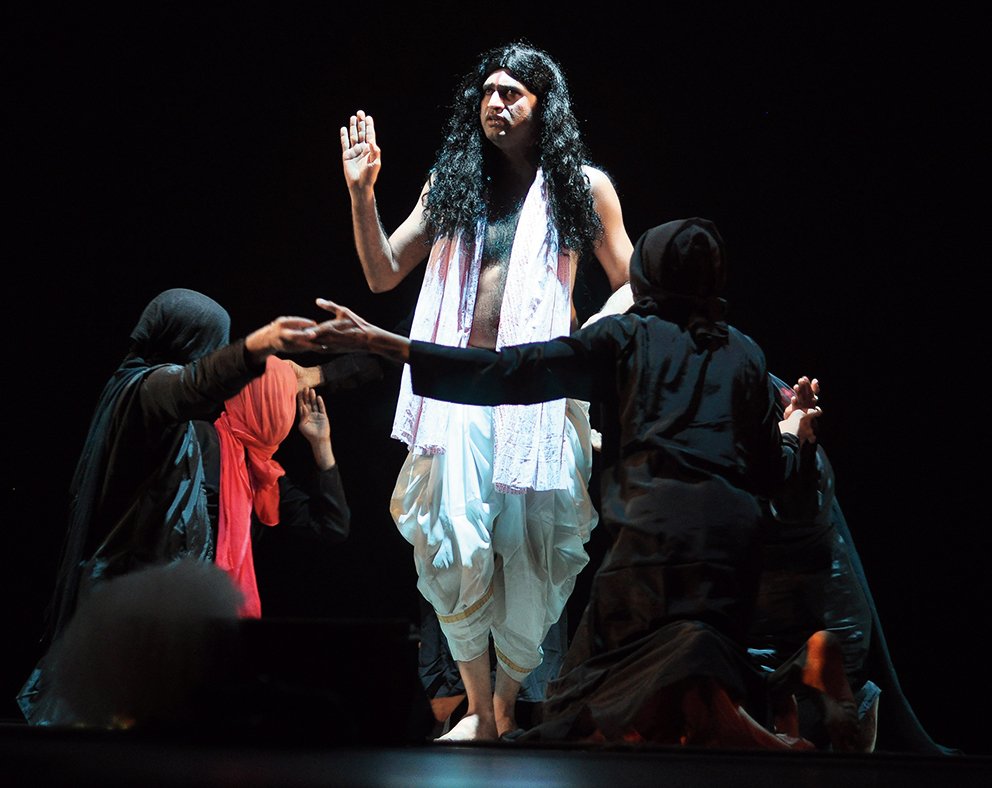We live in a climate of extreme discrimination, judgements, stigma, labels and isolation. Our lives are a constant negotiation through these. Imagine the impact of this on our physical and mental health.
On top of all of this, we are called inspirational, or – according to the new government label – divyang (having a divine body), as if that somehow makes it better. Oh yes, it is supposed to make things better. Because labels such as inspirational and divyang put the onus on us to fight back, not be dejected, not feel isolation and pain, and not feel deprived of our dignity.
Today our disability movement still struggles for the right to education, right to employment, and the right to a life free of violence and abuse, among other basic things. But at the end of decades of struggle we circle back to one thing – perhaps the only one that matters, the foundational right: the right to be human. If we had truly established that as a society, then much else would probably have just followed.
Nidhi Goyal is an activist and comedian working on disability rights and gender justice. She is the founder and director of the Mumbai-based non-profit Rising Flame and is a writer, trainer, researcher and artist You can follow her work @saysnidhigoyal
Disabled women often hear things like “Why do you want new clothes? Why would you want to dress up?” The subtext here is not only that no one is looking at you, but also that you are not desirable. The loaded message is that you don’t have the right to feel good, to feel beautiful, or even to make a choice. And that is the crux of many interactions that persons with disabilities have socially.
Women with disabilities are told, “What if someone groped you a bit here or there, at least they helped you cross the street or assisted you in your personal life.” Youth with disabilities often get to hear things like “With your disability, consider yourself lucky that your parents still accept you, and that at least you get a chance to make a career.” If it is not derogatory remarks or taunts, it is incredulity: “You work? Wow!” “You’re married! And you travel, too!” When you keep hearing them, they stop being simple, hilarious, ignorant remarks.
All these words and thoughts reflect some commonly held beliefs in our society: the belief that there is a hierarchy of what we as persons with disabilities can want, ask and feel, the belief that there are things that we should do and there are ‘normal’ things that ‘normal people do’, the belief that we need to always negotiate the ‘at least’.
When we persons with disabilities enter a restaurant or a public space, we are stared at. When we walk with assistants or companions, interactions are directed towards them. All of this not only belittles our ability but our very existence.
This is because, despite progressive legislation on disability rights in India, societal attitudes are locked in the ancient past. There are millions of people who have never “seen” persons with disabilities, much less engaged with them. The mental image that generally pops up at the mention of disability is still that of a helpless blind man standing at a street corner, wearing dark glasses, or a homeless man without legs dragging himself on a railway platform. The only lens most non-disabled people have is one of pity and charity – accompanied by relief that they are whole and not broken, and that they have the superiority of being perfect.
Imagine someone not believing when you say “I can do this” – a common scenario when persons with disabilities seek employment. Often, when such people say, “We can work, look at our qualifications, evaluate our interview”, the only response they get is “We cannot hire you because you are disabled.” When young people with disabilities express their desire to date or marry, they are rejected on the grounds that they cannot be a “good partner” or are unfit to be a parent: who would want to be with someone with a disability?
I was at a diversity talk by a person with a disability, and he said, “Being disabled, one thing that we are very good at is dealing with rejection and persisting in spite of it.” The people in the audience found it inspiring, and many applauded. But as a woman with a disability, as a disability rights activist, I could not celebrate this or pass this off as admirable spirit. It was important for me to strip the layers embedded in that statement.
People with disabilities, from the minute they are born or acquire their disability, are smothered in coats of stigma, prejudice, and misconceptions. Many face neglect within the family and exclusion in school, bullying and mocking from society, inaccessible infrastructure, inaccessible education systems, unequal work opportunities, rejection in relationships – just overall infantilisation and disrespect. For most persons with disabilities, discrimination, negative experiences, rejection, and even violence is the norm rather than the exception.













